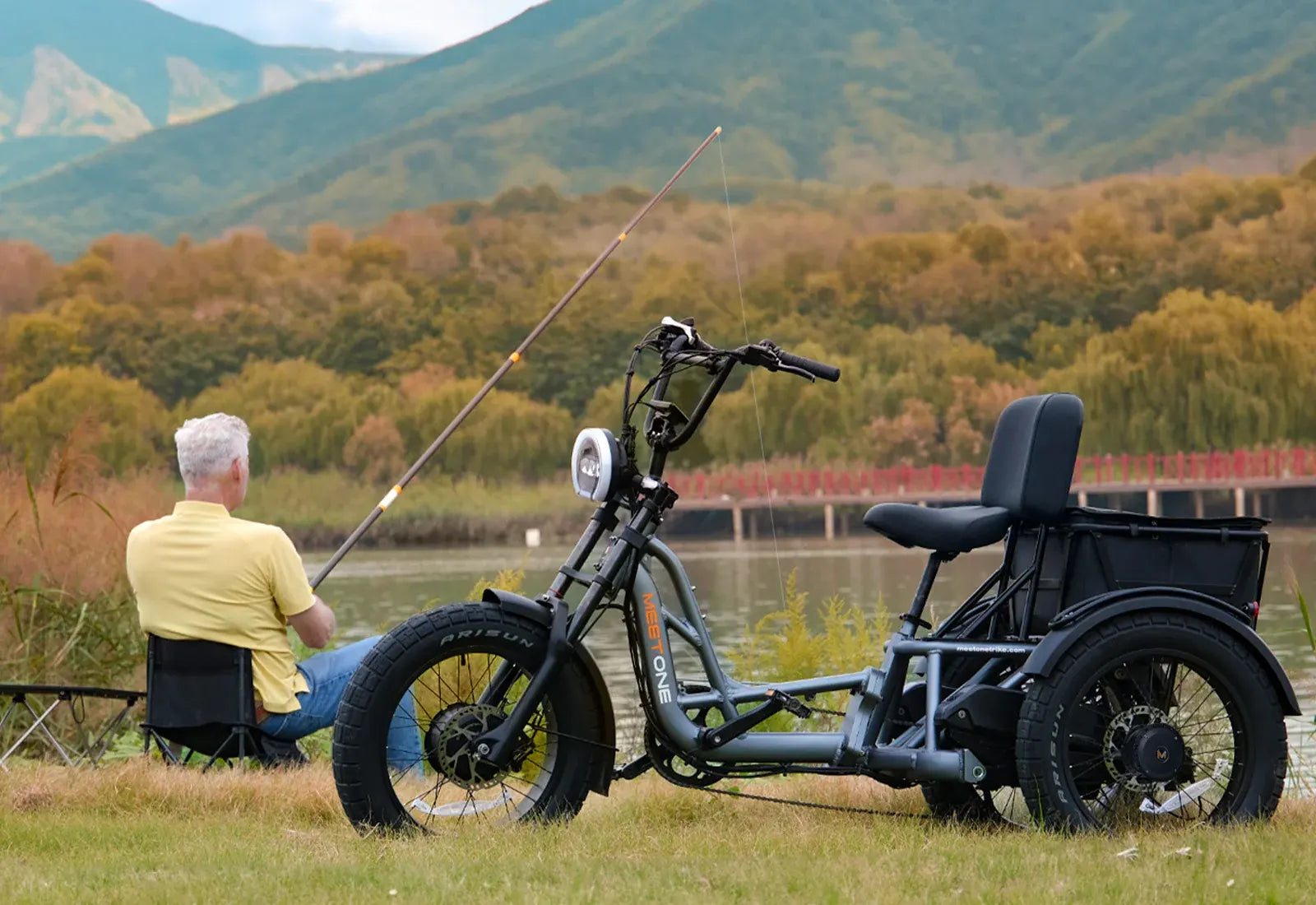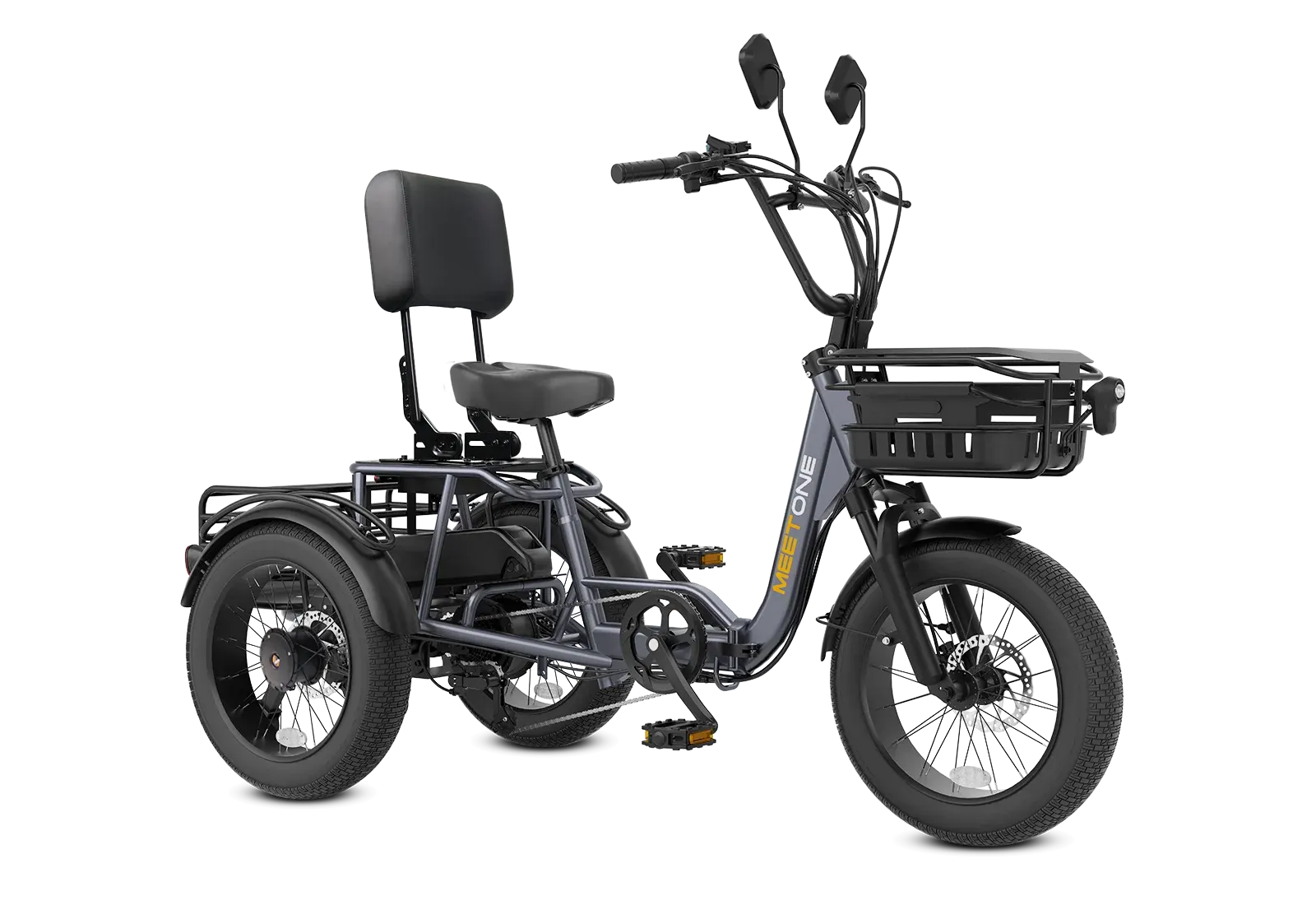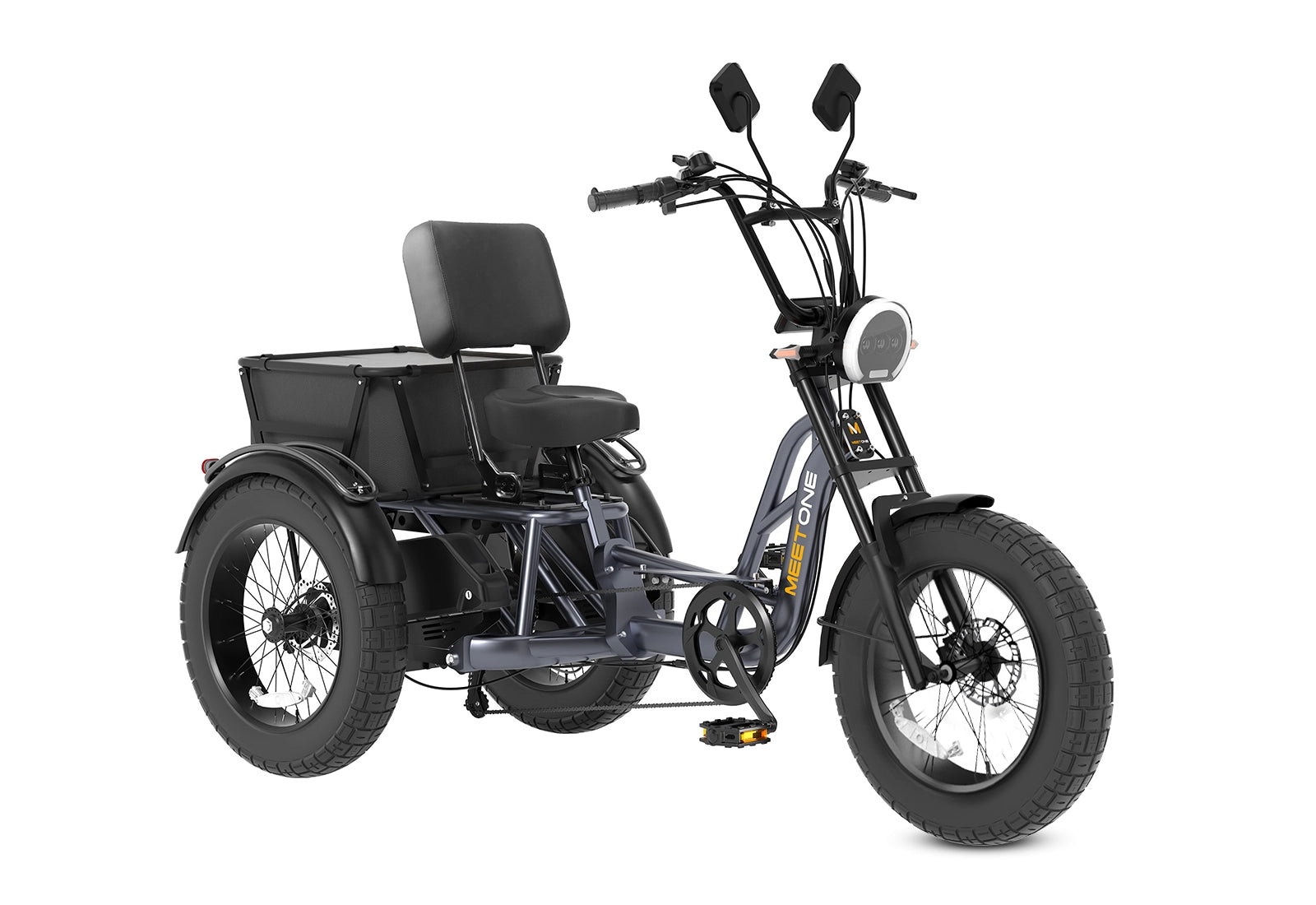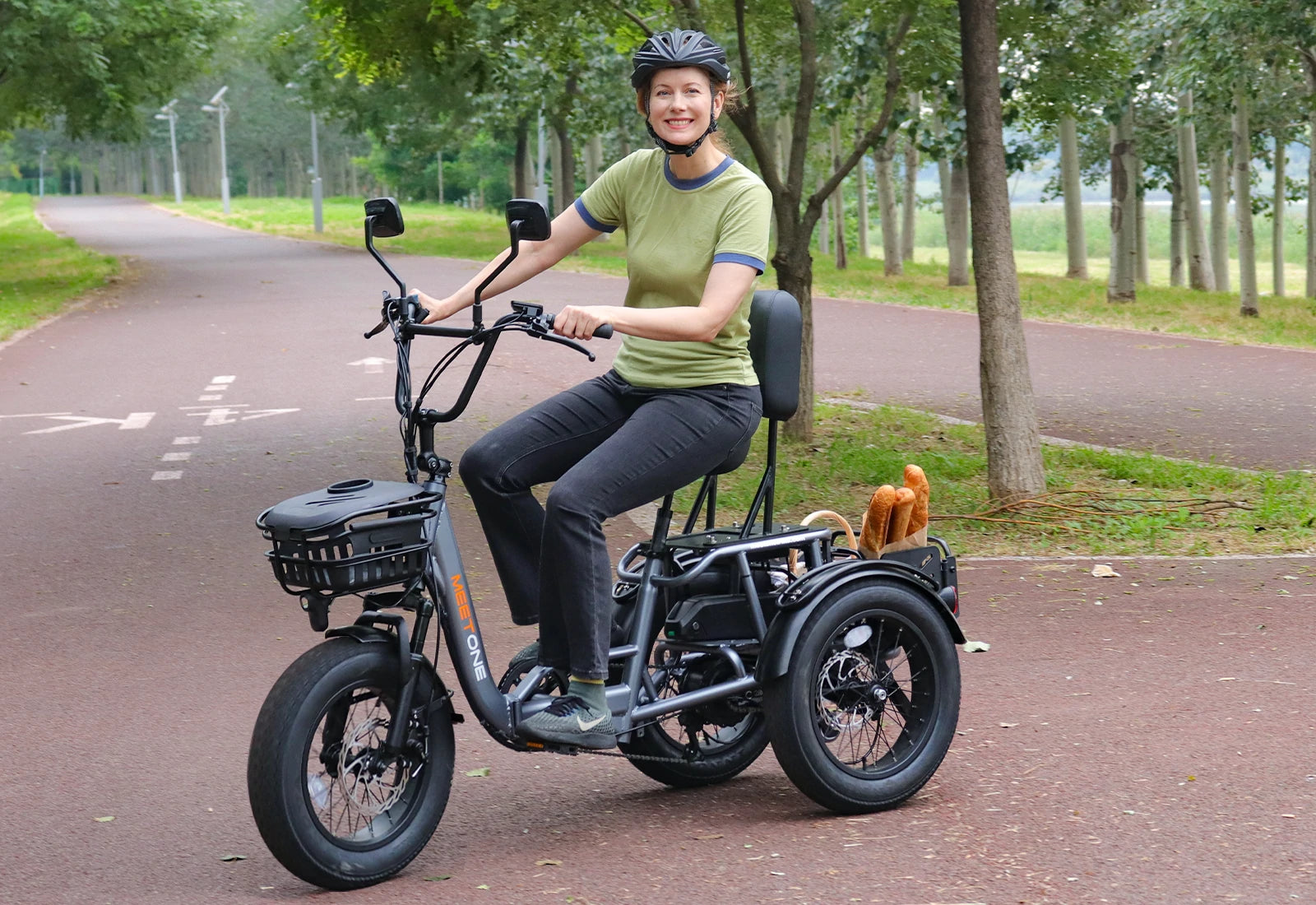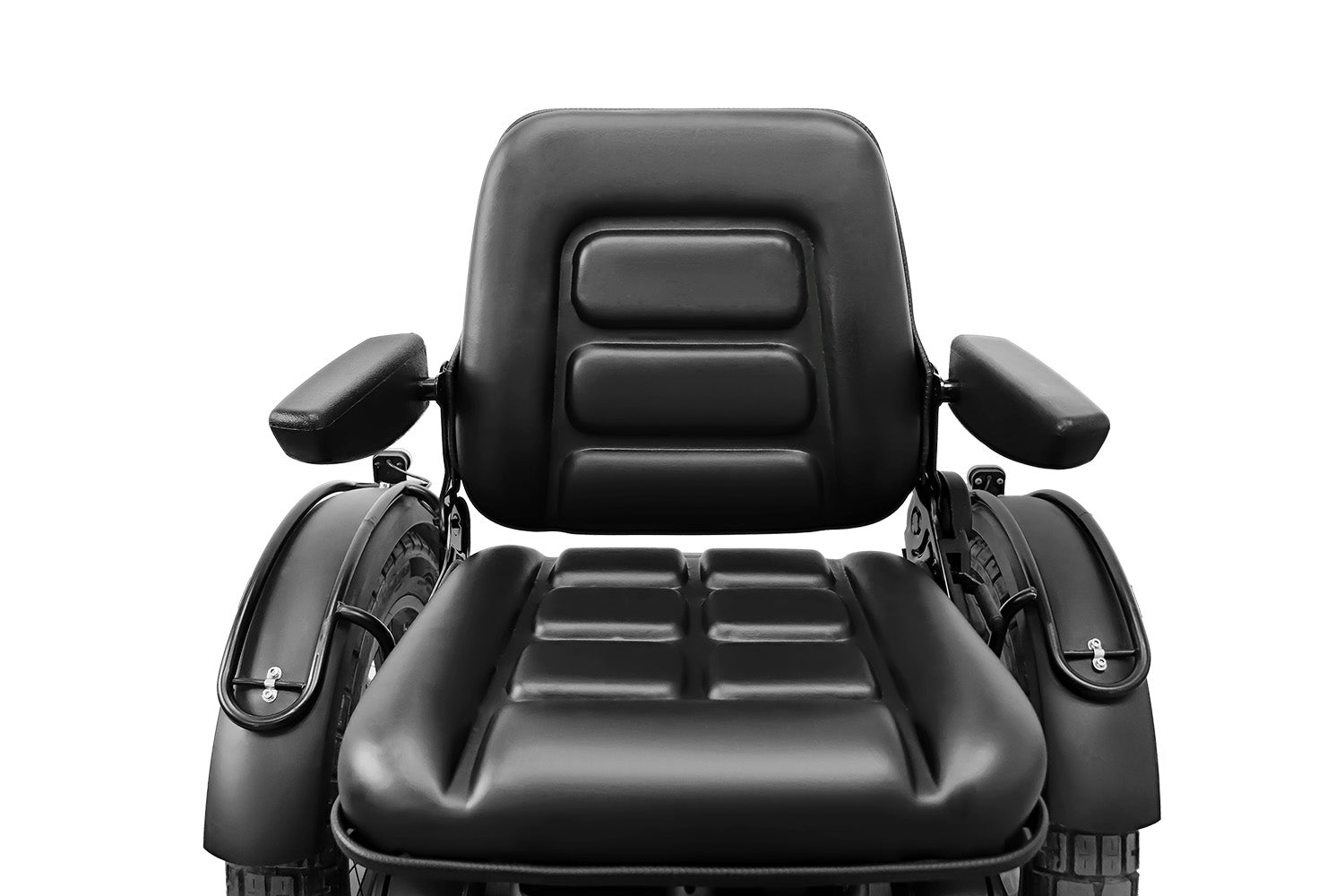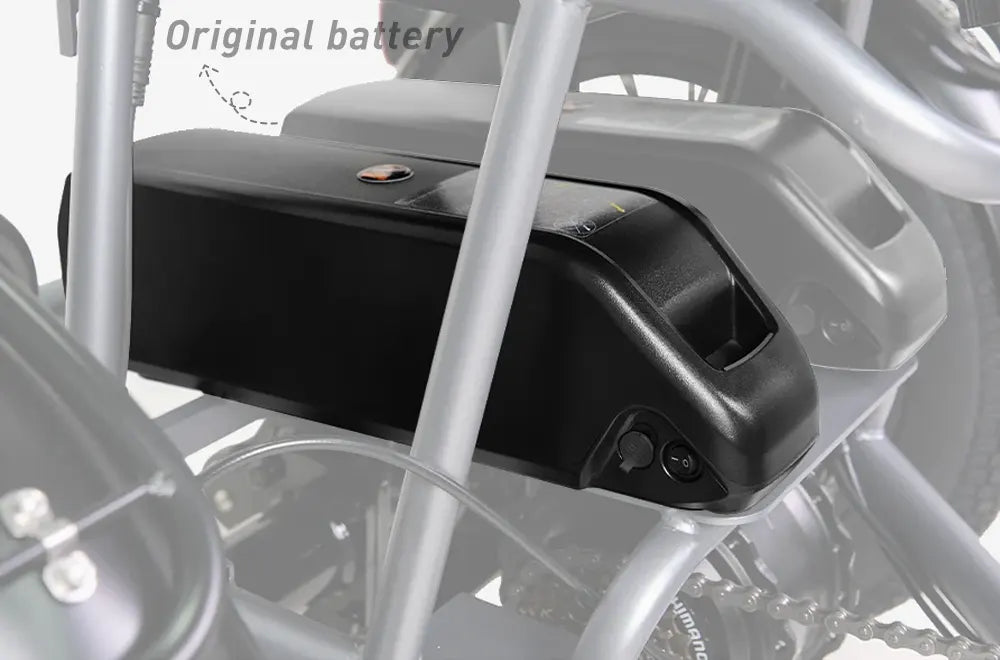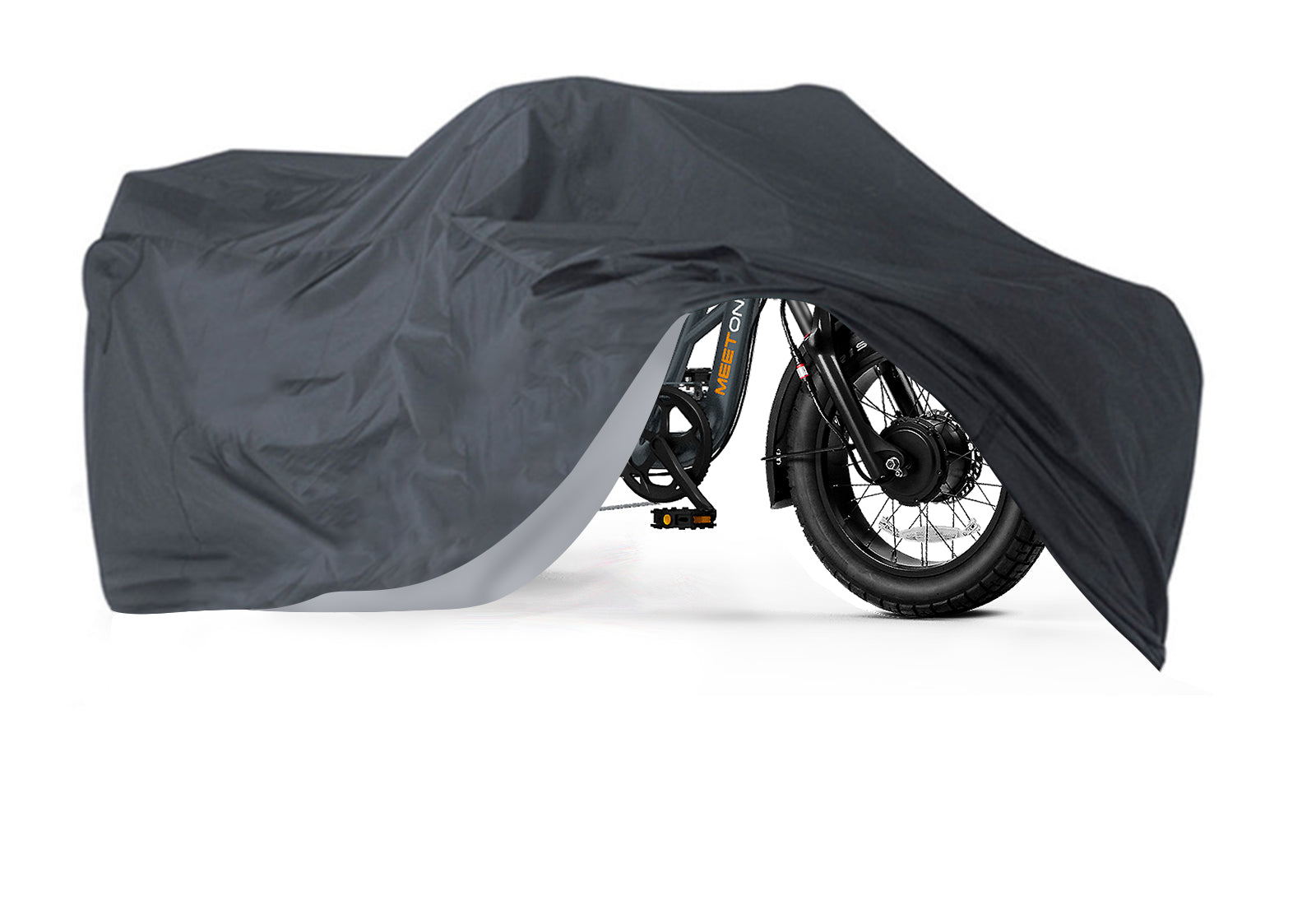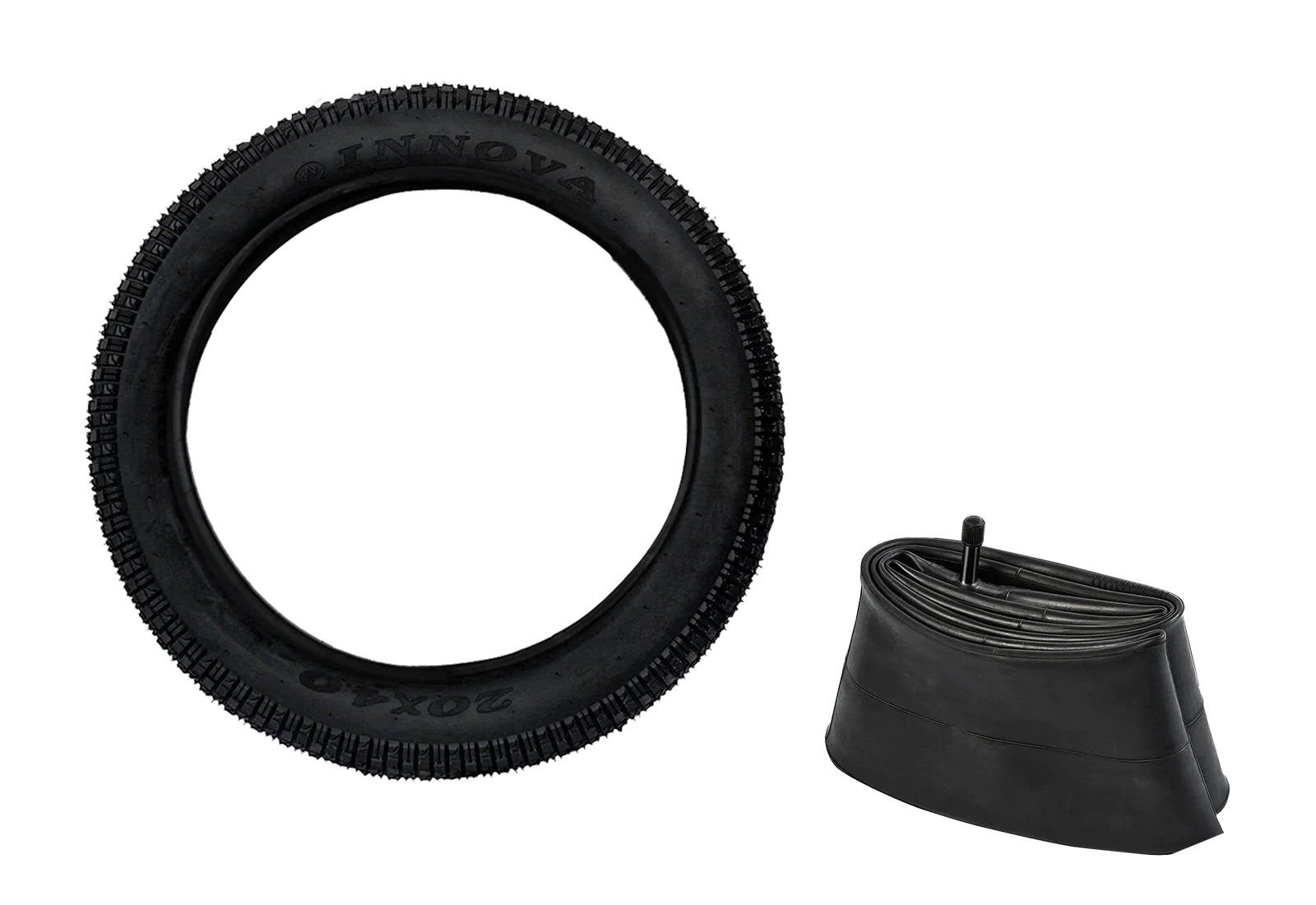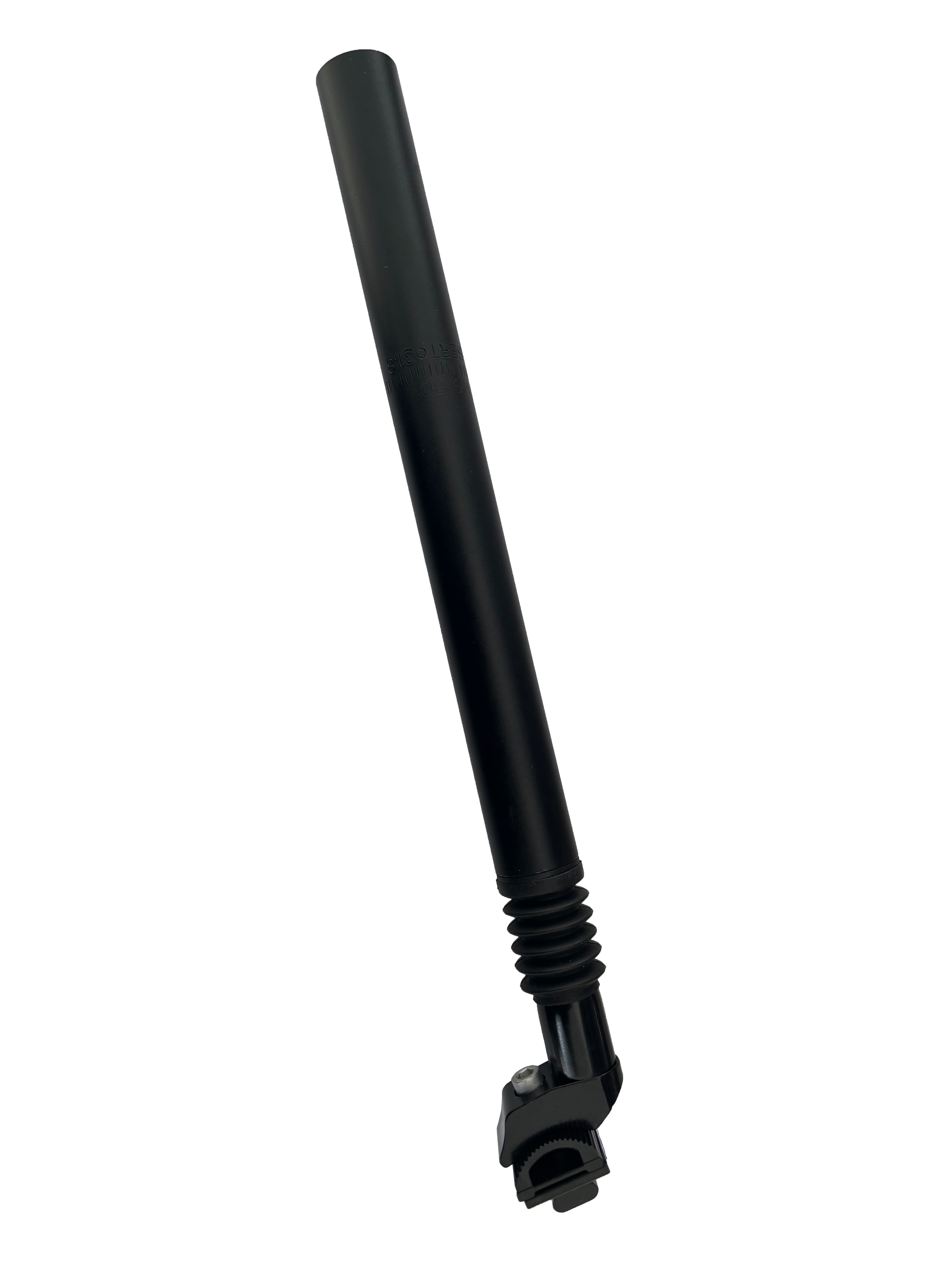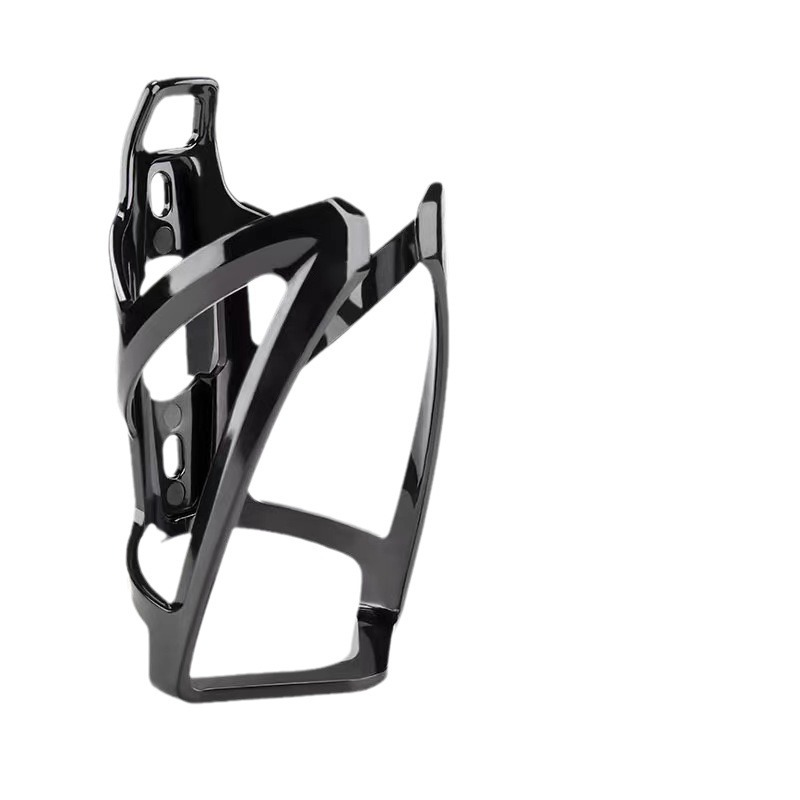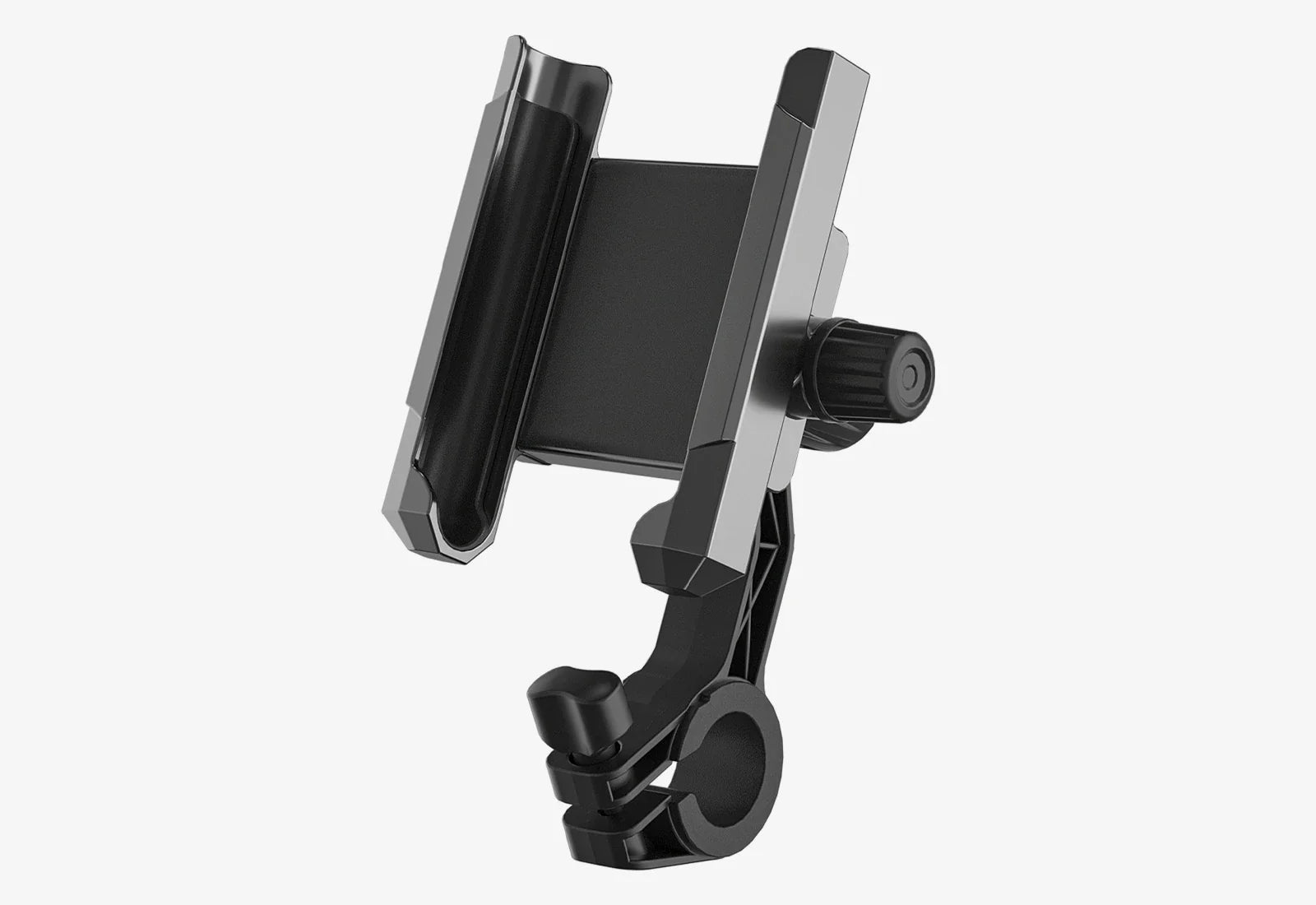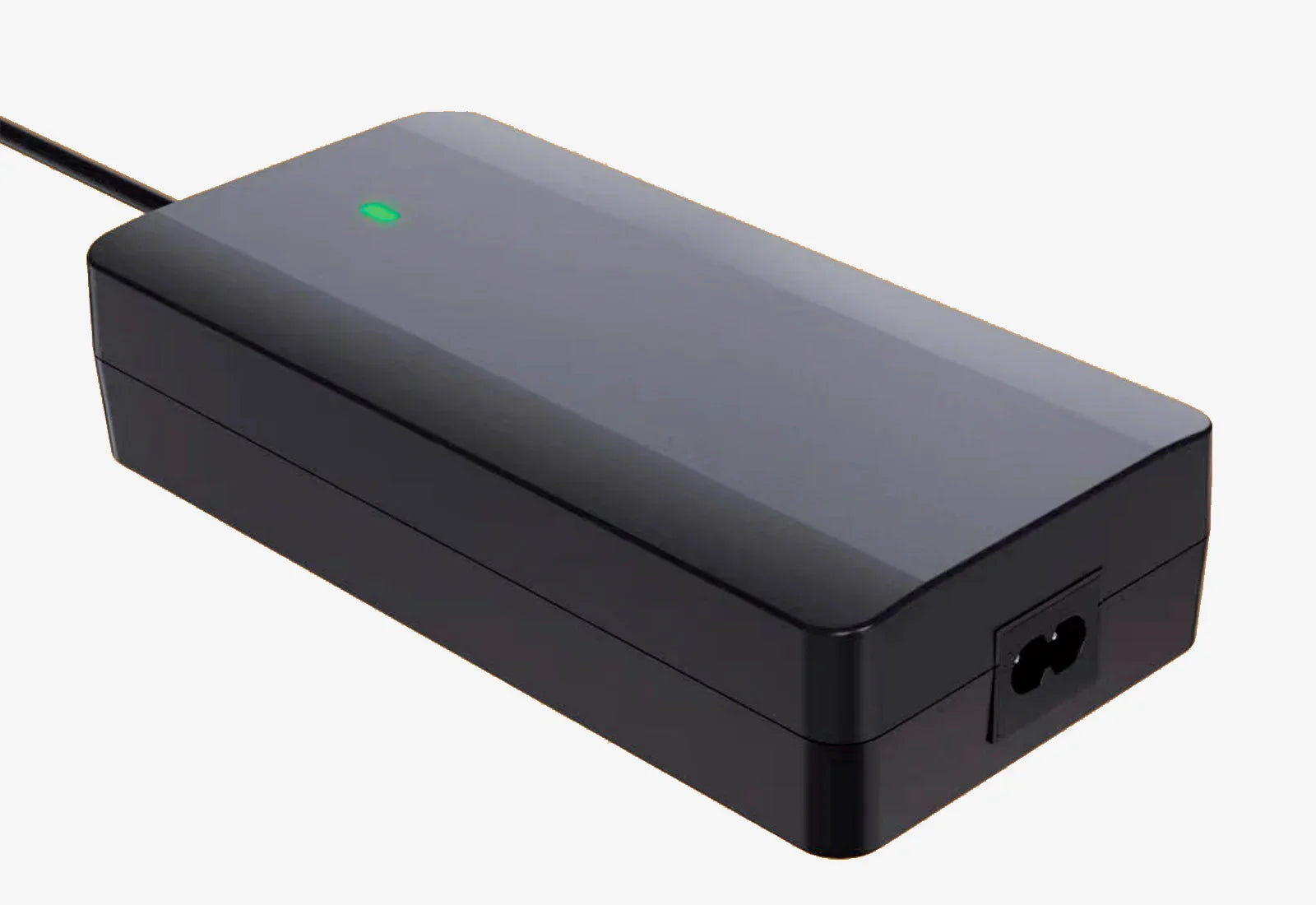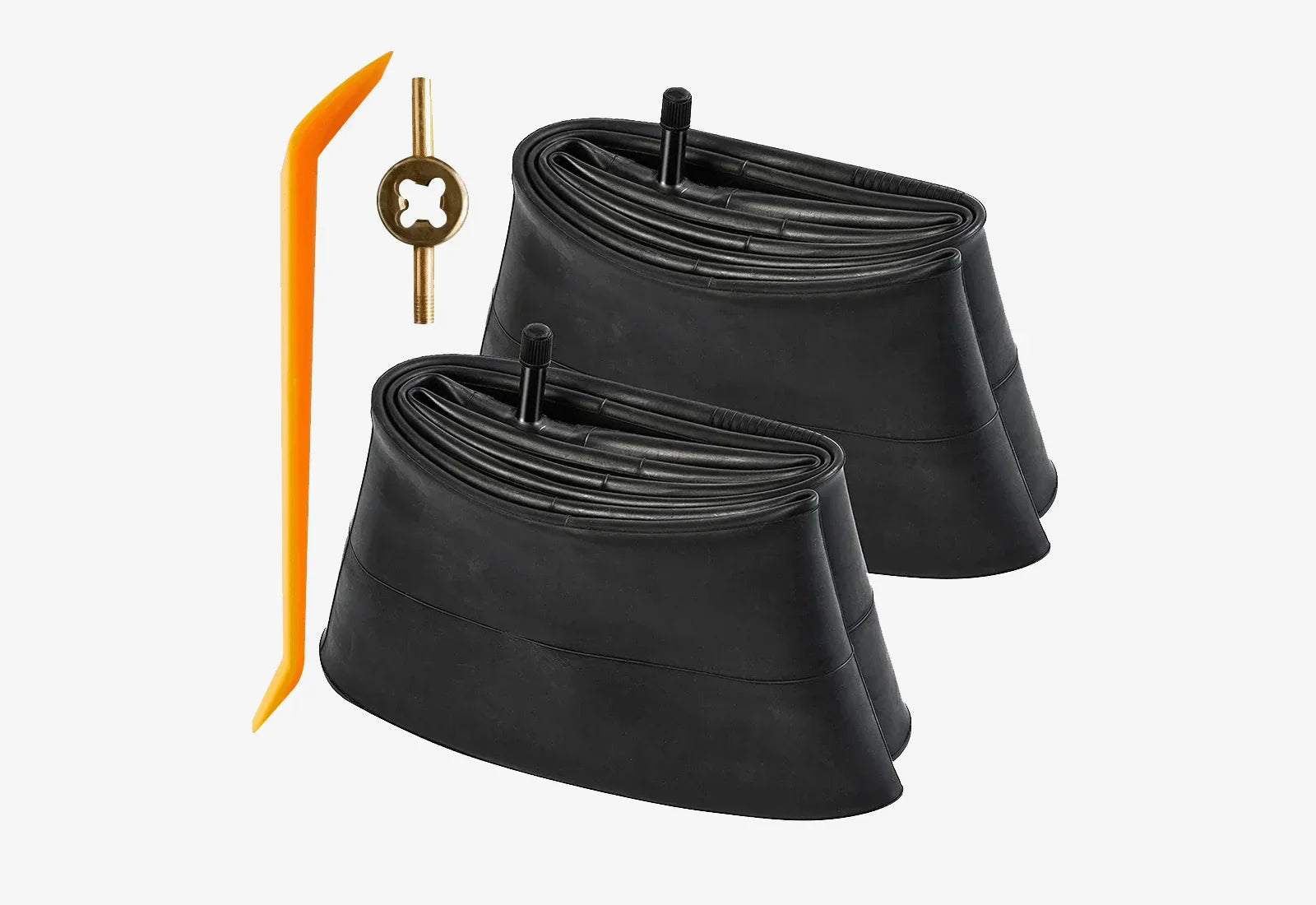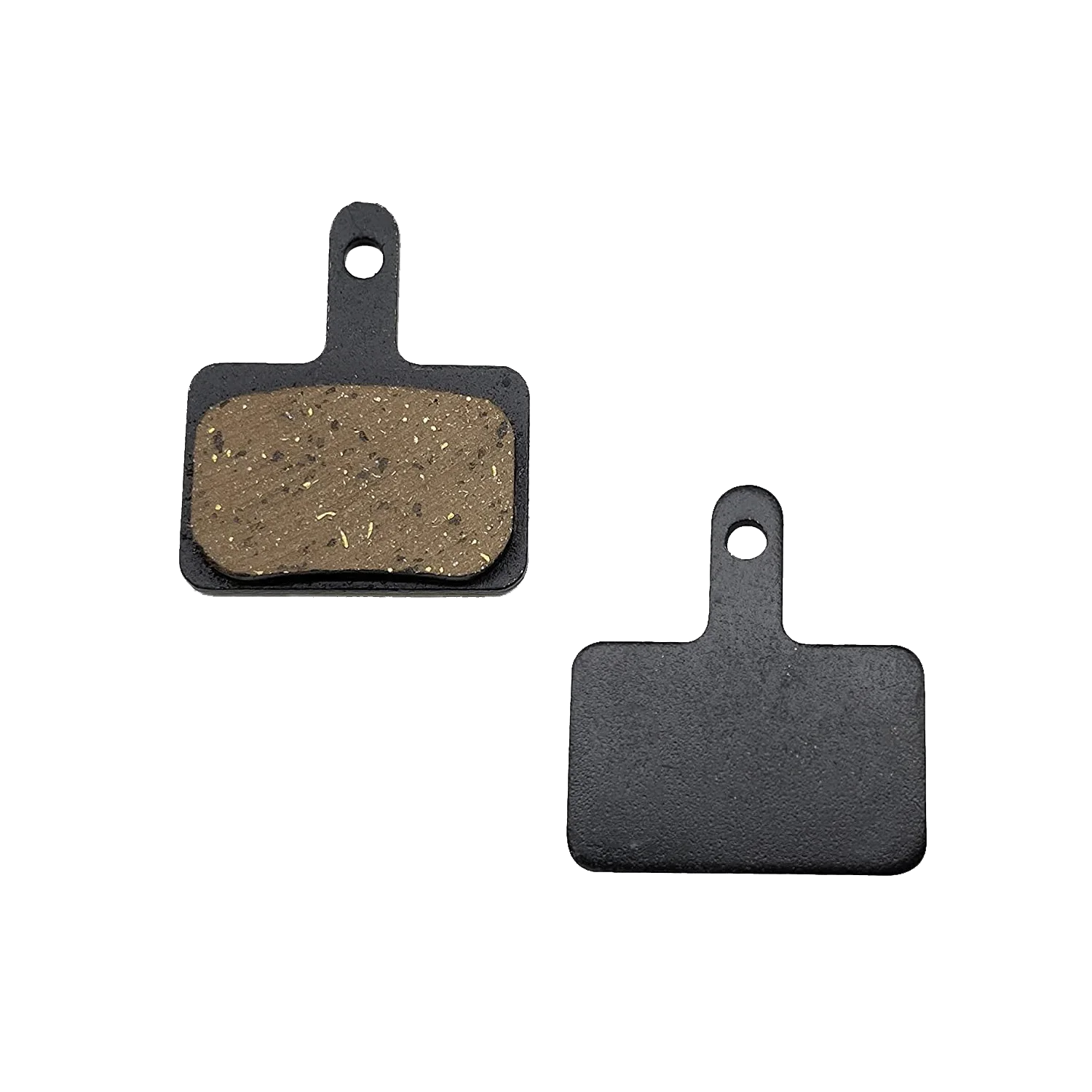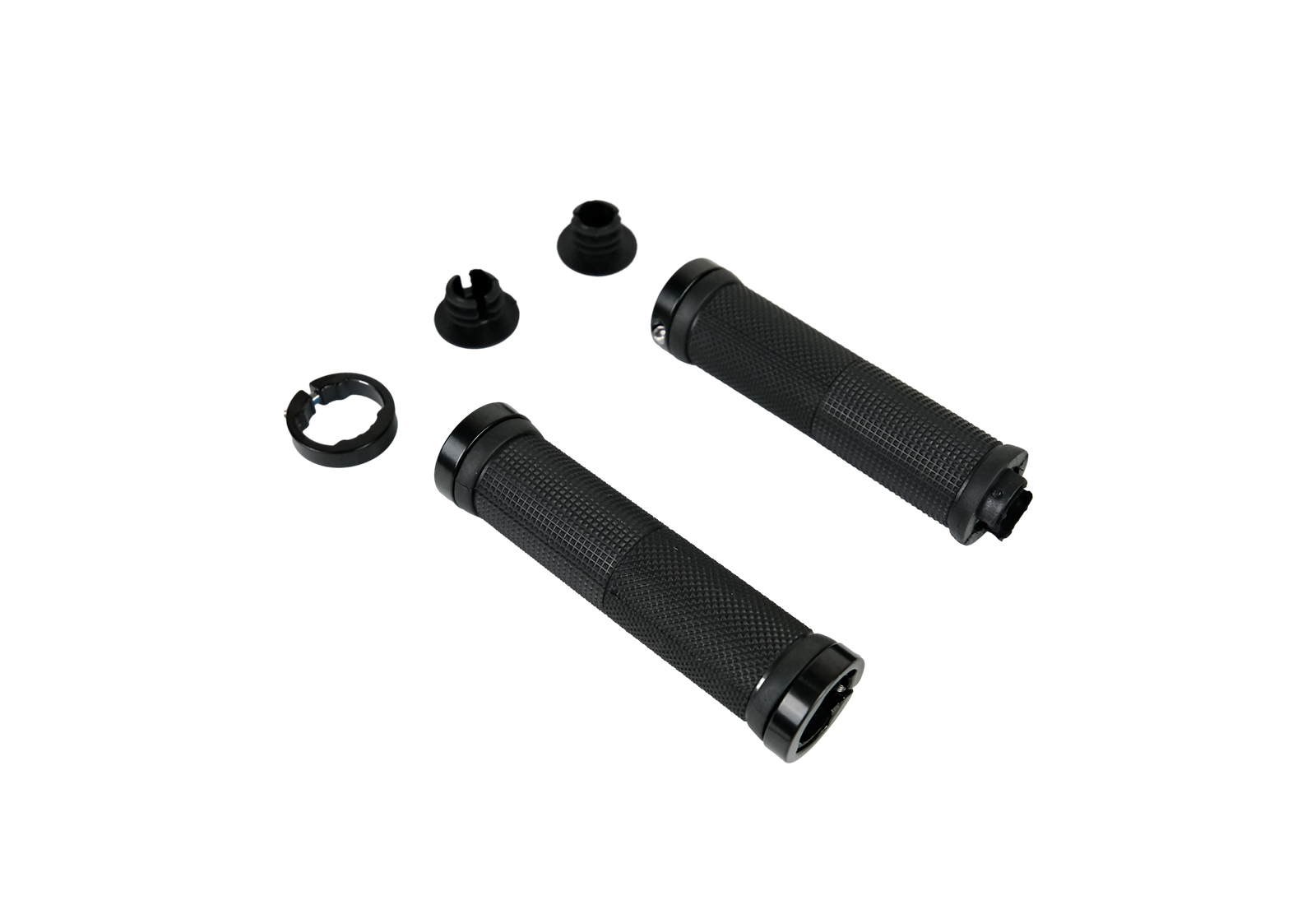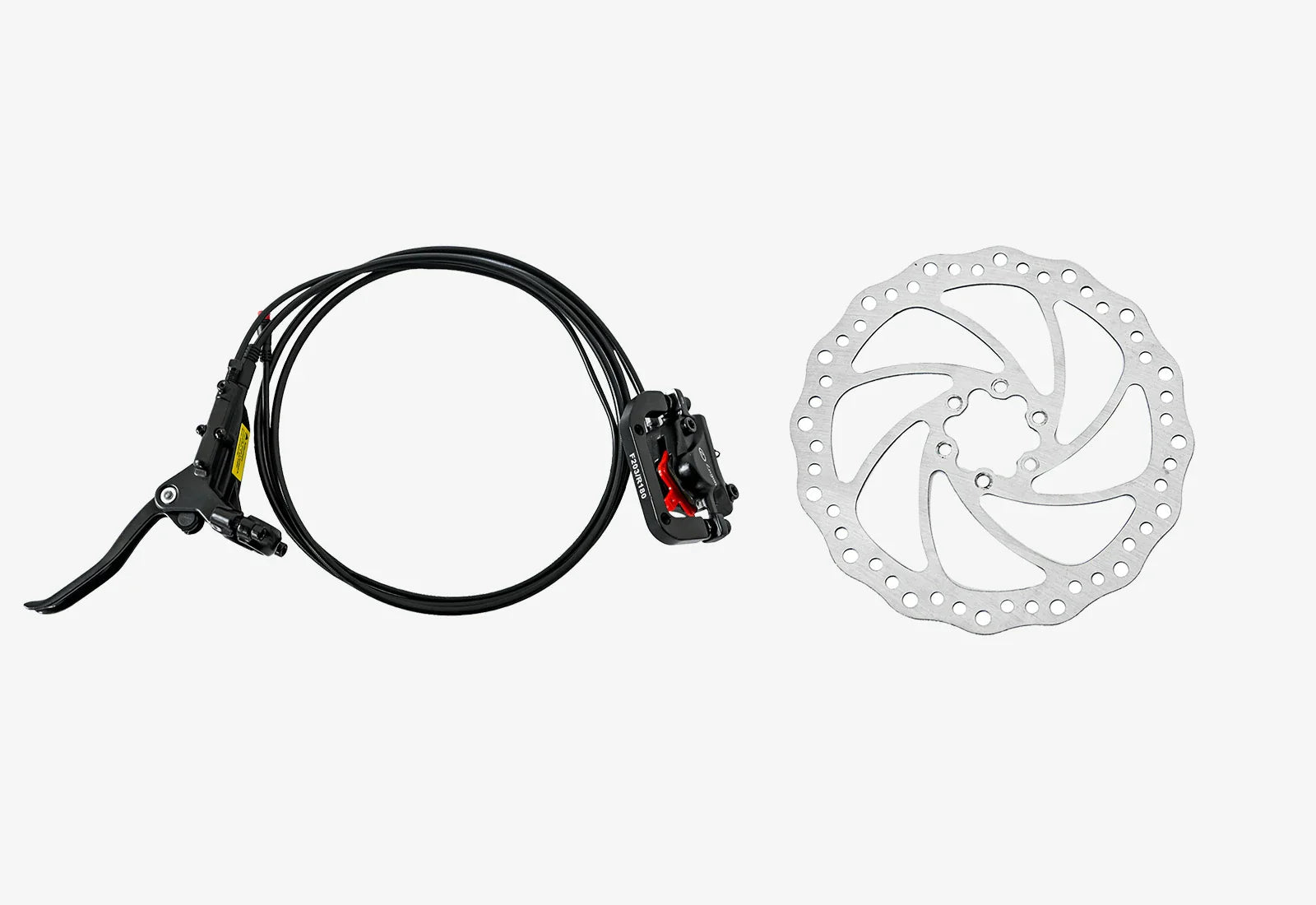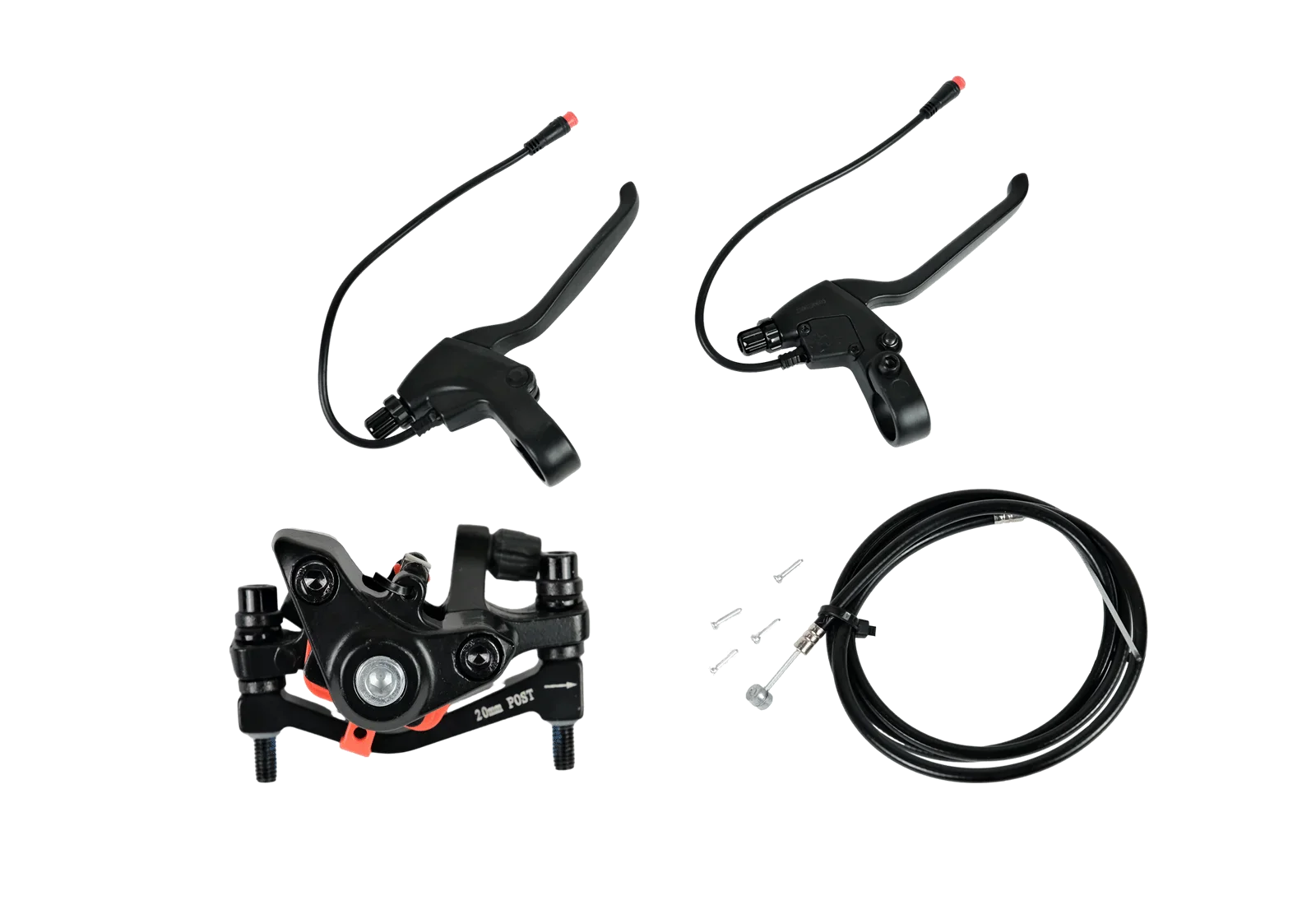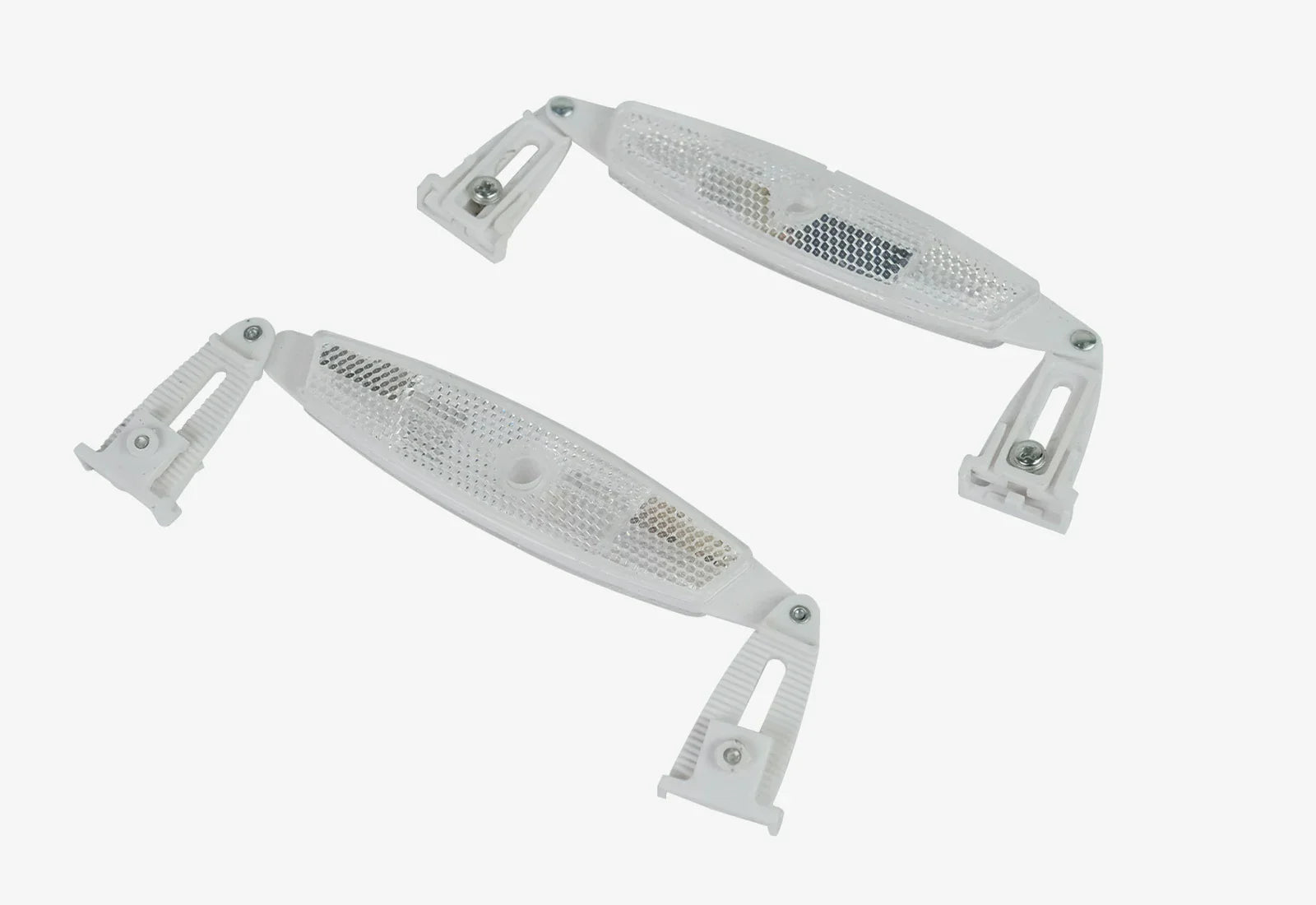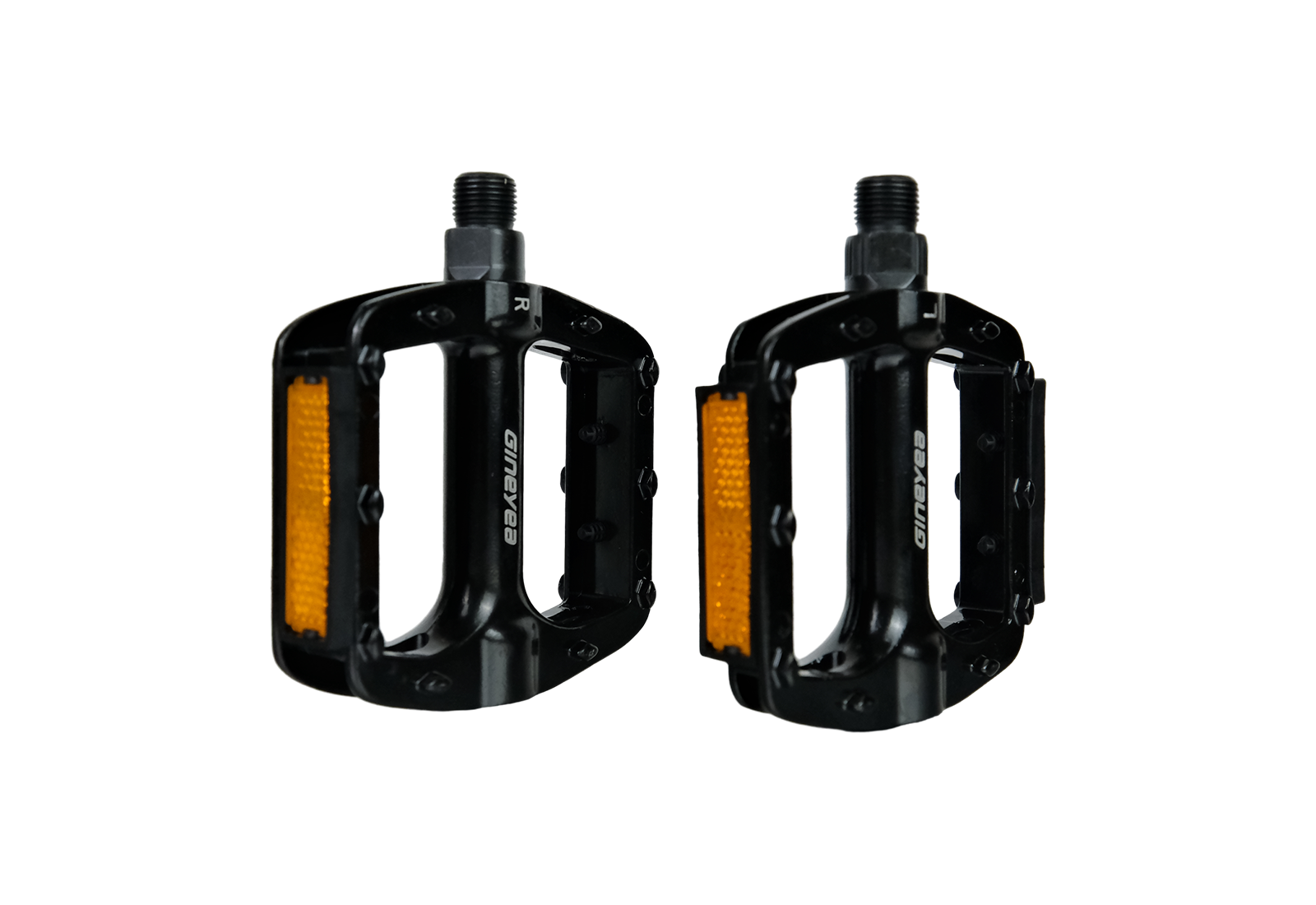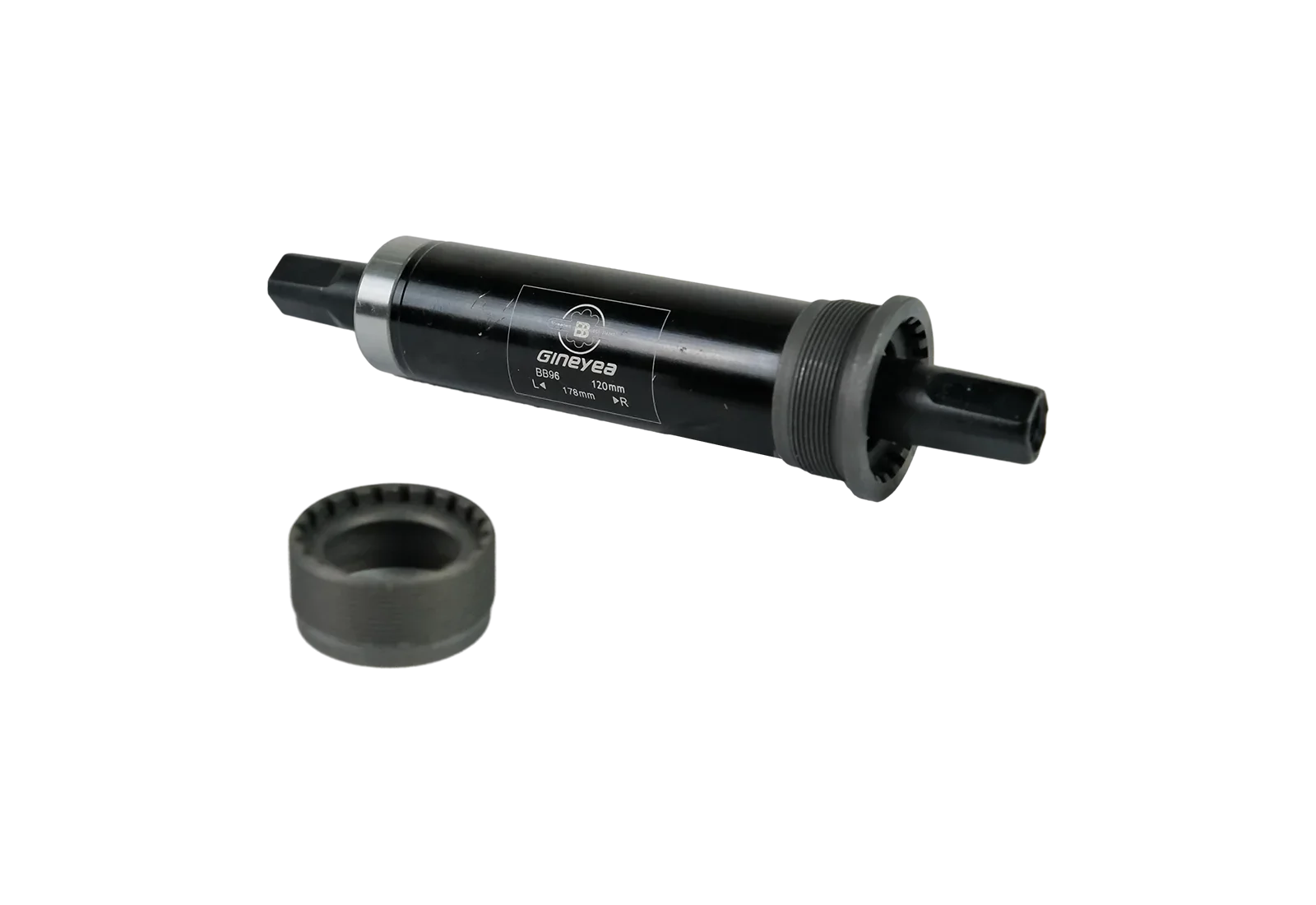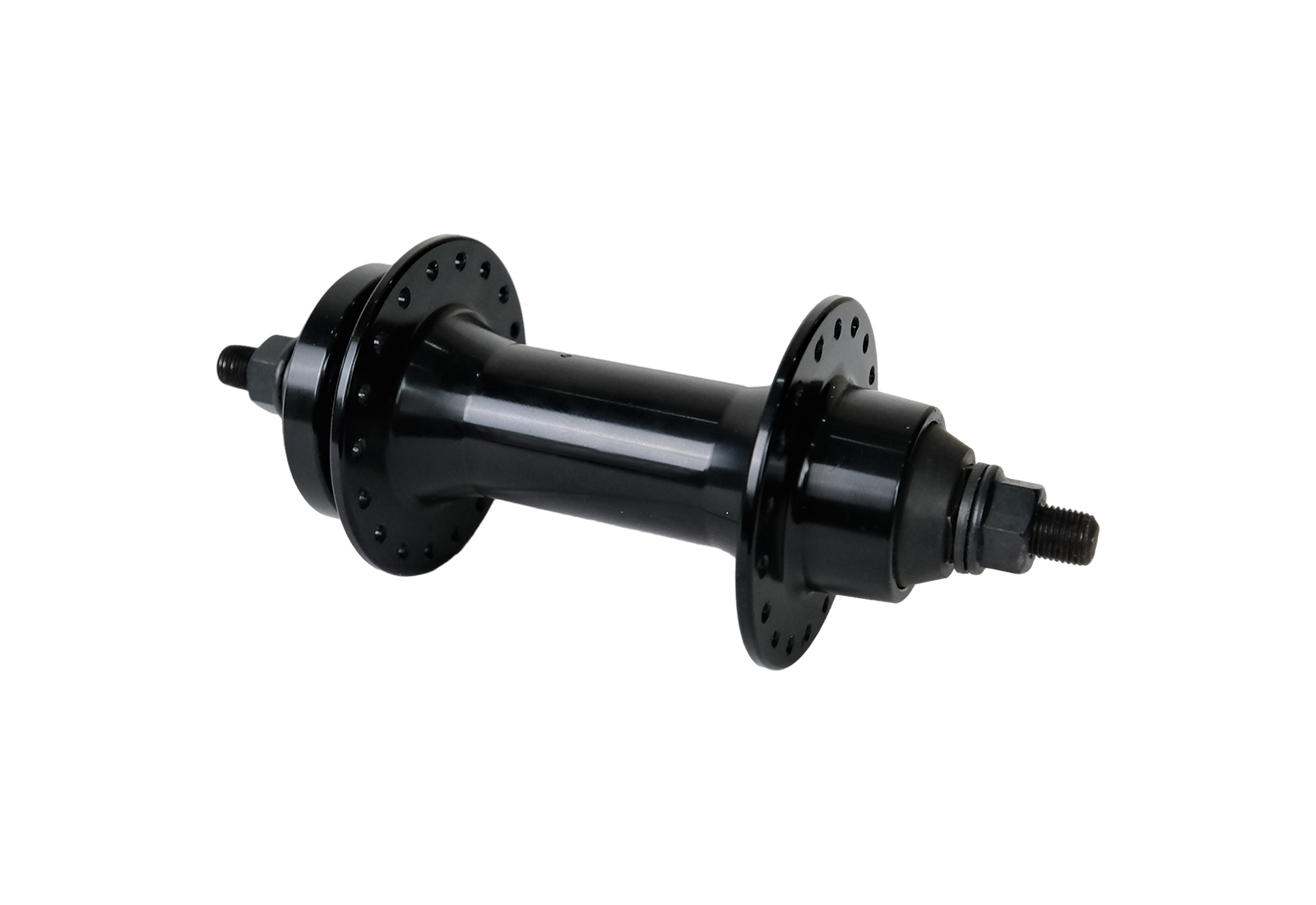
Is a Folding Trike Worth It?
Folding electric trikes can be worth it—but only for certain needs.
The concept of a folding electric trike is immediately appealing. It suggests a machine that gives you all the stability of three wheels while offering the convenience of being compact when you need it to be. The word “folding” evokes the idea of something both portable and efficient, a vehicle that can easily travel with you and disappear neatly into storage when not in use. For many people who are drawn to cycling but want more stability than a two-wheeled bike can provide, this combination sounds ideal.
However, folding electric trikes live in a very particular reality. The dream of effortless portability often meets the hard truth of weight. A trike that folds may indeed occupy less floor space, but when it still weighs sixty pounds or more, the notion of portability becomes far more complicated. In practice, folding electric trikes achieve one of their promises convincingly—space-saving—while only partly delivering on the other.
This article takes a deeper look at folding electric trikes in the real world. We will explore why weight matters so much, how folding affects storage and transport, and what this means for riders in different circumstances. We will also draw on insights from our guide on how to transport a trike when traveling to provide practical advice. By the end, you should have a clear picture of what folding electric trikes truly offer and whether they fit your lifestyle.
Portability and Space-Saving: Two Sides of Folding
Folding ensures compact storage but rarely delivers effortless carrying.
When a vehicle folds, people expect two outcomes. First, they expect it to be portable—that is, something they can easily carry or move around. Second, they expect it to save space by collapsing into a smaller footprint. Both expectations are valid, and in many cases, folding bikes deliver both with remarkable success.
A folding bicycle that weighs twenty to thirty pounds can be carried into an office, taken on a bus, or lifted into the trunk of a car with relative ease. It becomes both portable and compact. For folding electric trikes, however, the story is more complex. A trike is a larger, more stable machine with three wheels, a stronger frame, and in this case, an electric motor and battery. These structural requirements make it heavier, and as a result, folding electric trikes often fulfill the space-saving promise without delivering on portability.
This distinction is important because the appeal of a folding electric trike often depends on which of these two values matters most to you. If your priority is simply storing the trike in a smaller space, folding works wonderfully. If your priority is moving the trike around easily, the outcome may be less satisfying.
Why Weight Becomes the Defining Factor
Weight defines the entire experience of owning a folding electric trike.
The weight of a folding electric trike is not a trivial detail—it defines the entire experience of using one. Even the lightest folding electric trikes on the market today tend to weigh sixty pounds or more. Many models weigh seventy, eighty, or even one hundred pounds once you factor in the motor and battery. That weight matters because it changes what is possible for the average rider.
Imagine trying to carry a sixty-pound object up a flight of stairs or lifting it into a car trunk. For most people, it is a difficult and awkward task. For older riders or those with mobility challenges, it may be nearly impossible. What seems manageable in a showroom quickly becomes exhausting in daily life.
The reality is that portability is not only about size but also about mass. A folding electric trike that collapses neatly may look compact, but if it is still too heavy to move easily, it cannot truly be considered portable. This is why so many folding electric trike owners discover that their machines are great at saving space in the garage but far less useful for spontaneous transport.
Folding as a Space-Saving Solution
Folding electric trikes excel at reducing storage footprint in small spaces.
None of this means folding electric trikes are without value. On the contrary, they excel at space-saving. When folded, an electric trike occupies far less floor space, making it easier to store in a small apartment, garage, or RV. This alone can make the difference between owning a trike and not having room for one at all.
For riders who mainly want an electric trike for local use—short trips around town, errands, or leisurely rides—the ability to fold for storage is invaluable. They may never need to carry it upstairs or lift it into a compact car, and so the weight is not a major issue. For them, folding works exactly as intended, allowing them to enjoy the stability of three wheels with electric assistance, without sacrificing too much space at home.
In this way, folding electric trikes fulfill at least one of their promises fully. They are practical for those who value compactness and efficient use of space, even if they are not lightweight.
Transport: The Overlooked Challenge

The other side of the equation is transport. Folding is often presented as a solution for taking your trike with you, but in practice, things are more complicated.
As we explained in our article on how to transport a trike when traveling, even foldable electric trikes often require racks, trailers, or ramps to make transport manageable. Larger vehicles like SUVs or vans are usually better equipped to handle them, but even then, lifting sixty or seventy pounds into the back of a vehicle is a significant effort. Folding helps with fit but does not erase the physical challenge.
This disconnect between the idea of portability and the reality of weight is important. Riders who imagine themselves tossing a folded electric trike into the back of a compact car may find themselves surprised at just how impractical that scenario is.
Who Benefits from Folding Electric Trikes?
The value of folding depends entirely on lifestyle and rider strength.
Given these limitations, who are folding electric trikes really for? The answer depends on how you plan to use and store the machine.
If you live in a small home, apartment, or RV where space is at a premium, folding can make an electric trike far more manageable. The ability to shrink its footprint is genuinely valuable and can make ownership possible where it would otherwise be impractical. If you mostly ride locally and rarely need to transport the trike long distances, then the weight issue may not be a serious problem.
On the other hand, if your lifestyle involves frequent transport—loading the trike into a vehicle, carrying it up stairs, or taking it on trips—then folding may not solve your core challenge. In such cases, the sixty-pound threshold becomes the real barrier. Folding might make the trike more compact, but the physical strain of moving it remains. For these riders, alternative strategies such as rigid electric trikes paired with hitch racks or trailers may ultimately prove more effective.
Setting Realistic Expectations
Folding electric trikes are space-savers, not effortlessly portable machines.
One of the most important steps in buying a folding electric trike is setting realistic expectations. While folding bicycles are often both portable and space-saving, folding electric trikes are typically only the latter. They do not transform into lightweight machines; they remain substantial objects that require effort to move.
Manufacturers can attempt to reduce weight by using lighter materials, but this usually raises costs and can sometimes compromise durability. For most mainstream folding electric trikes, the balance between strength, stability, and affordability keeps the weight around sixty to seventy pounds. This is not likely to change significantly without major trade-offs.
Recognizing these realities prevents disappointment. A folding electric trike should be viewed as a stable three-wheeled cycle that is easier to store, not as something you can carry around effortlessly.
The Bottom Line on Folding Electric Trikes
So, is a folding electric trike worth it? The answer is yes if your priority is space-saving at home or in travel vehicles, but no if you expect to carry it easily like a folding bicycle.
At Meet One Trike, we believe in presenting the reality as clearly as possible. Folding electric trikes are excellent space-savers, but they are not weightless. If your lifestyle involves frequent transport, you may need racks, ramps, or other accessories to make the process practical. If your main challenge is finding room at home or in your RV, folding is the solution that makes trike ownership much easier.
